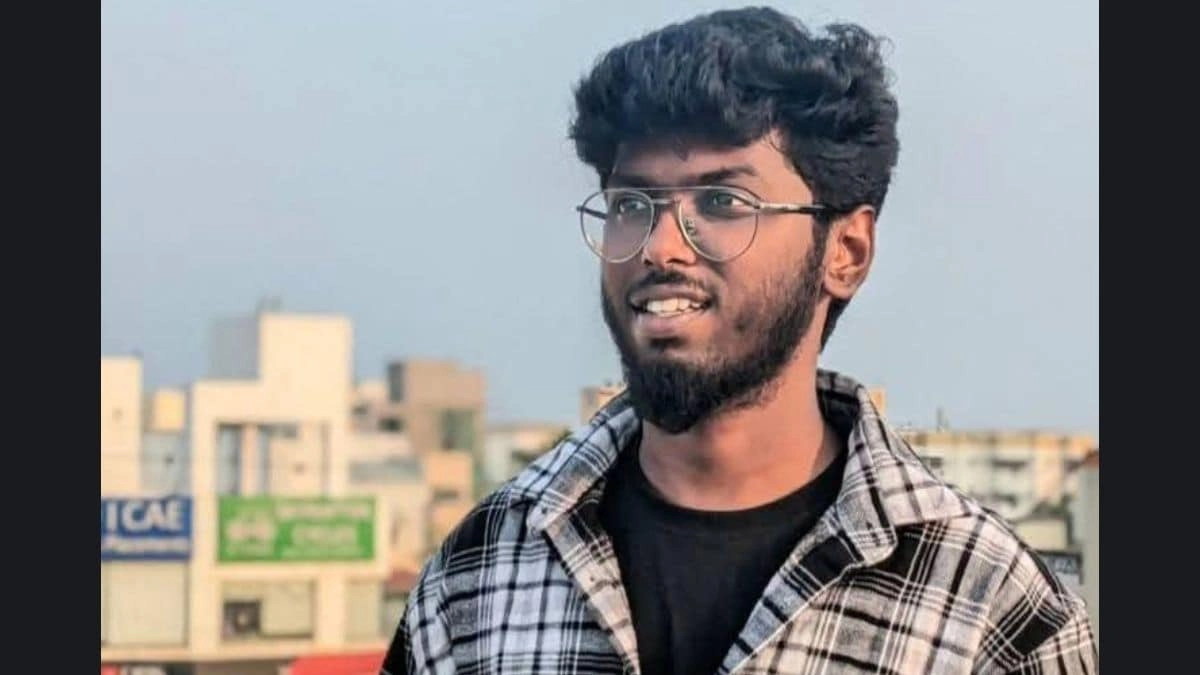The recent murder of a Dalit techie in Tamil Nadu has sparked significant outrage, leading to the transfer of the case to the Crime Branch for further investigation. This tragic incident has drawn attention not only to the specifics of the crime but also to the broader social issues surrounding caste-based violence in India. The victim, who was reportedly a talented software engineer, was brutally attacked and killed, igniting protests and demands for justice from various sections of society, particularly among Dalit activists and organizations.
The decision to transfer the case to the Crime Branch comes as a response to the growing public outcry and the need for a more thorough investigation. Local law enforcement had faced criticism for their handling of the case, with many arguing that an independent and specialized agency like the Crime Branch would be better equipped to deal with the complexities involved. The murder highlights the systemic challenges faced by Dalits in India, who continue to experience discrimination and violence based on their caste.
In the wake of this incident, activists are calling for not only justice for the victim but also for broader reforms to address the pervasive issues of caste discrimination and violence in society. The case has become a rallying point for those advocating for the rights and dignity of marginalized communities. As the investigation unfolds, many are hopeful that it will contribute to a larger conversation about equality and justice in India, pushing for necessary changes in both policy and societal attitudes toward caste-based discrimination.
The outrage surrounding the murder has also led to discussions about the safety of professionals from marginalized communities in the tech industry. As the country strives for progress in technology and innovation, it is crucial to ensure that all individuals, regardless of their caste, can work and live without fear of violence or discrimination. The Tamil Nadu Dalit techie murder case serves as a stark reminder of the work that still needs to be done to achieve true equality and justice for all citizens. As the investigation by the Crime Branch begins, many are watching closely, hoping for accountability and meaningful change.




